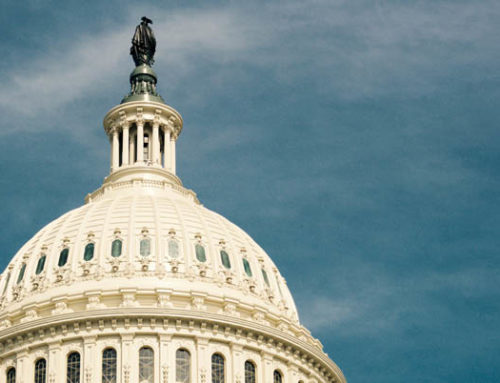Today marks the 60-day bill filing deadline for the 84th Legislature. With just 11 Mondays left in the 84th Regular legislative session, legislators are free to start passing bills out of both the house and senate chambers. As of this morning, more than 5,300 bills have been filed in the house and senate collectively. This pace will keep us pretty much in line with the past few sessions, which is a bit of a surprise considering the number of new smaller government legislators at the Capitol.
Expect to see committee activity on high priority bills starting this next week. The house and senate committees are scheduled to begin hearing significant health and electric utility legislation. With the initial budget deliberations completed, look for the legislature to shift gears and start focusing on individual member priorities.
What follows are the key client takeaways for this past week.
KEY TAKEAWAYS
Spending cap discussions take center stage
The Senate has proposed looking at ways to exempt certain tax relief and debt service from being counted against the spending cap. This session’s spending cap is 11.68%, which would allow for $107 billion for general spending, an increase from about $95 billion two years ago. That would leave about $4-$5 billion, which some argue might be needed if school finance court rulings go against the state. Additionally, if the revenue from the state continues to wane the additional revenue could be needed.
House leadership has thus far been less enthusiastic in looking at theses types of proposals. The concern has been that even if they find a way to exempt certain spending form counting against the cap, they will be criticized by fiscal hawks outside the legislature that would look at it as busting the cap as opposed to redefining the cap.
House Completes Budget Plan
On Thursday, House budget writers finished drafting the two-year spending plan. It differs in three big ways from the Senate’s emerging package: The House would spend more on public schools; about the same on roads, though only in the short run; and less on border security.
The House provided $2.2 billion more for school districts to spend than the Senate’s starting point budget did.
The two chamber’s emerging budget plans both reveal about $10 billion for transportation, which is consistent with TxDOT’s two-year request. The Senate, though, has already passed a constitutional amendment that would shift about $2.5 billion a year of vehicle sales tax dollars from the general budget to state highways (see more below).
The Senate’s budget would spend $815 million on policing the border — a 74 percent increase; whereas, the House would spend about $520 million.
House’s concern over Senate’s Transportation Language
Last week, the Senate passed the transportation bill (SB5;SJR5) that would provide a permanent funding stream for transportation projects by redirecting $2.5 billion or more a year from the vehicle sales tax revenue to the Texas Department of Transportation.
The legislation is now over in the House where there appears to be caution and concern and no real talk about creating a dedicated funding stream that would put a permanent hold on funds.
Rep. Pickett, chair of House Transportation committee, stated that a broader package may be needed that includes debt reduction (at TxDOT) and more transparency within the agency.
Local control and city ordinances attract Capitol attention
More than a dozen proposed bills that would curtail local control in areas like taxes and prohibition of ordinances that regulate state licensees have been filed. One such bill already moving through the House would require local governments to seek permission before putting initiatives on the ballot. These issues have attracted the attention of legislators and even the governor who fears that, “we’re forming a patchwork quilt of bans and rules and regulations that is eroding the Texas model”.
WHAT TO LOOK FOR NEXT
- The House adjourned until 2:00 p.m., Monday, March 16, 2015.
- The Senate adjourned until 2:00 p.m., Monday, March 16, 2015.





